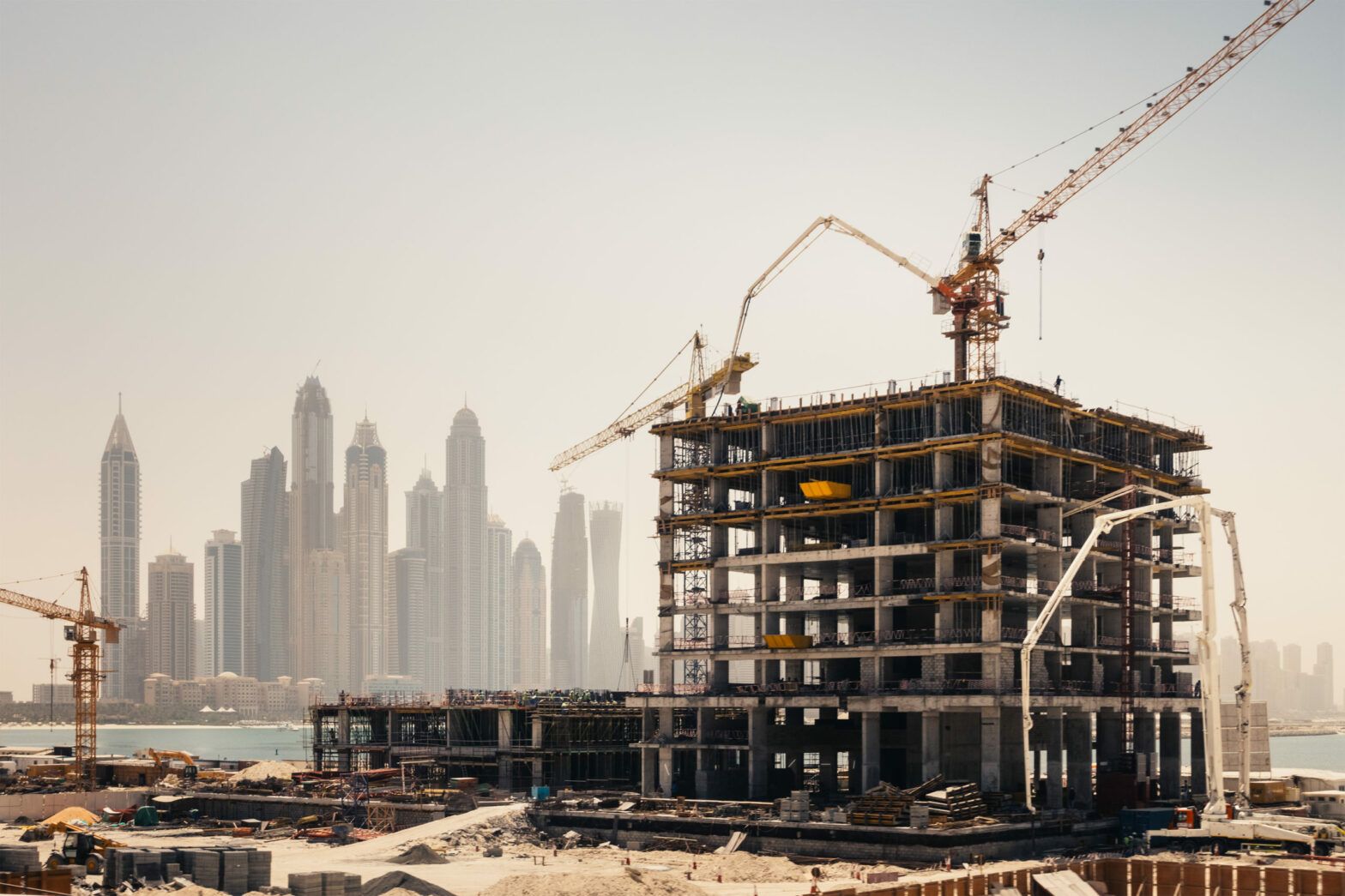A group of investors with over $3trn (£2.29trn) in total assets under management has written to 54 companies based in the Gulf to request details about their approach to protecting migrant workers from modern-day slavery
The group, led by the CCLA and supported by large investment houses such as Aviva Investors, Schroders and M&G, is responding to recent reports of unethical recruitment practices used by organisations in the Gulf, including debt bondage and retention of migrants’ passports.
According to these reports, migrant workers, who make up around half of the Gulf population, are being recruited by labour sourcing agencies that charge large fees as part of the recruitment processes for roles supporting major international businesses.
See also: – The funds exposed to Boohoo slavery investigation
Many are being forced to take out loans to pay these fees, paying high interest rates or signing over assets and property, which leaves them in ‘debt bondage’ and at high risk of forced labour and modern-day slavery.
The Covid-19 pandemic has put these migrant workers in an even more difficult position, as many are losing their jobs and therefore unable to pay off their substantial debts, which the report suggests could lead to rising rates of suicide and other social harms.
Peter Hugh Smith, CCLA’s chief executive, said: “The International Labour Organisation regards the payment of recruitment fees and costs as a significant indicator of forced labour with debt bondage estimated to be a factor in over half of the 25 million cases of forced labour worldwide. A quarter of the forced labour victims globally are comprised of migrant workers.
“As investors, we have a moral duty to ensure that we are not profiting from modern slavery in any shape or form and CCLA will continue to encourage the investment community and leading companies to do more to uncover and prevent modern slavery.”
The investor letter recognises that the recruitment supply chains and layers of labour outsourcing in the highest risk sectors of hospitality, construction and oil & gas mean that end-user companies may be unaware of these practices.
As a result, the letter first asks whether organisations use labour outsourcing companies or migrant labour in their operations. If the answer is yes, the letter asks for information on how this works, as well as policies in place to identify, reimburse and provide other forms of remedy to migrant workers who have been impacted by recruitment fees and/or passport retention.
Rosey Hurst, founder of ethical trade consultancy Impactt, said: “Migrant labour recruitment fees are a systemic issue that Covid-19 is turning into a crisis. Reimbursing recruitment fees, paid for by workers, is not only possible – it is absolutely necessary in order to right this wrong. Identifying amounts paid, and defining repayment schedules is easier than it sounds, if you have expert support and are committed to resolving the issue”
Steve Waygood, chief responsible investment officer at Aviva Investors, added: “There is no place for modern day slavery in the economies of today, nor any practice which exploits at-risk groups in our society.
“Human rights issues have a material impact on corporate performance and investors are increasingly recognising the long-term costs associated with employers mistreating workers. As shareholders, and therefore the ultimate owners of these businesses, investors have the right – and responsibility – to use their voting powers in holding firms to account and promoting positive change.”








